

It’s hard to avoid comparisons with Dark Souls when talking about Lords of the Fallen in the same way it’s hard to look at the back of your head in a mirror or navigate a supermarket without wanting to knee slow-walking shoppers in the centres of their oblivious groins. And by ‘hard’ I mean impossible.
This is not a clone, copy or ripoff. That would do Lords of the Fallen a disservice. This is an interpretation - Dark Souls spoken with an accent. A collaboration between German developer Deck13 and Polish studio CI Games, Lords of the Fallen is a punishing RPG set across dank catacombs, wondrous cathedrals, frozen wastes and ancient temples, equal parts fantasy and horror. Sound familiar?
You play the strangely Australian Harkyn, a convicted criminal whose past offences are tattooed on his face and the only man capable of repelling inter-dimensional demons known as the Rhogar. None of this is explained unless you hunt for it, most story content is relegated to menus and dialogue options. It seems an inelegant solution to the traditional RPG problem of suffocating players with lore. Why go out of your way to read about the Tales of Old, or the Night Watch, or the Infected, if nothing compels you in the first place? There’s no enigma, no intrigue.
The trouble with Lords is it doesn’t introduce any fresh ideas of its own - just twists on existing ones. You know the bit from Souls where you can get back your experience by heading to where you died and reclaiming your dropped souls? Here, if you return to--and fight near--your fallen ghost, it'll buff your magic and stamina regeneration, the risk obviously being that if you die before picking it up you’ll lose all that experience. It’s a neat difficulty modifier, if a little blatant.
You know Souls’ bonfires? Here they’re shards, the twist being that when you deposit experience in them it resets the drop-rate modifier that unlocks better loot. Not a bad idea, but certainly not a new one. In these shards, you can choose to convert experience into either spell points or attribute points. The former governs magic attacks such as ram (send a charging hologram), prayer (conjure a distraction) and rage (power up your attacks). The latter governs abilities such as strength, health and stamina. In practice is feels an over-complication, although the game does an excellent job of explaining complex concepts through skippable hints.
Of all Dark Souls concepts from which to draw inspiration, however, Lords misses the most transformative: online play. Without the ability to leave helpful or humourous signs around the environment, there’s a lack of community. This intentional design choice is not a problem in itself - it’s the developers’ prerogative which direction to take the game in - but it does have an effect on level design. The lack of waypoints means you’ll often miss a recessed door or hidden passage, or pull a lever and have no idea what it does, resulting in an experience that doesn’t feel like an equally weighted battle between canny level creators and its collaborative tacklers but an uphill struggle against deviously obtuse designers.
Full disclosure: a very annoying thing happened to me during this review. About seven hours in I encountered a game-breaking glitch where I spawned and immediately died, meaning I had to restart the entire game. It doesn’t put you in the best mindset for a time-consuming fantasy RPG.
What if the glitch happens again? What if it happens 15 hours in? You lose confidence in a game that could wipe your progress at any moment. On PC I also experienced several freezes and a crash to desktop. Now, I don’t know how common all this is, but it’s there, and it’s really bloody annoying.
The single player-only philosophy amps difficulty, too, and this makes boss fights a grind. One early encounter against a foe who resembles Power Rangers’ skinless Lord Zedd lasts 25 minutes - almost half an hour of dodging health-sapping halberd swings, lighting bolts, and enemy minions summoned to do his dirty work. There’s a tiny window for you to get off a hit or two, then a long wait until that window appears again. It takes a special breed of player to face a Souls boss alone - here you’ve got no choice.
These wars of attrition are made harder to stomach by their frequency. A framework forms: explore area hoovering up loot, enter boss chamber with a sigh knowing you’ll be stuck there for the next hour, repeat. There are few showstoppers, besides maybe the crab man who looks like Henry J. Waternoose from Monster’s Inc., and a Grim Reaper type in a graveyard. To their credit, the developers do know how to craft fair, winnable battles based on learning patterns - they just succumb to the temptation of prolonging them.
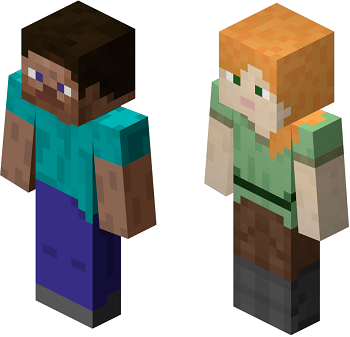

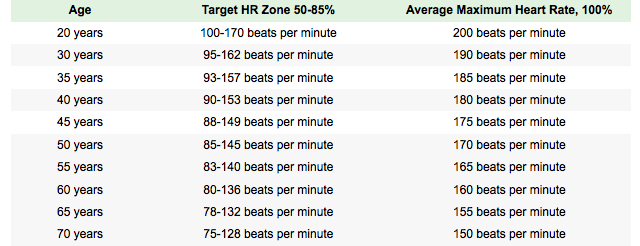
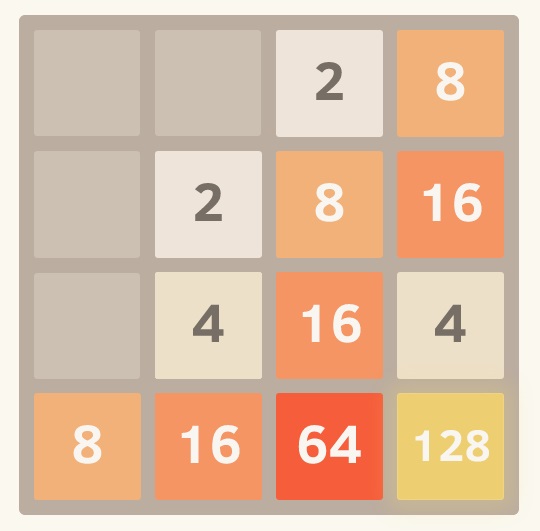
 Destiny: The Taken King How to - Unlock and Beat the Sunless Cell Strike
Destiny: The Taken King How to - Unlock and Beat the Sunless Cell Strike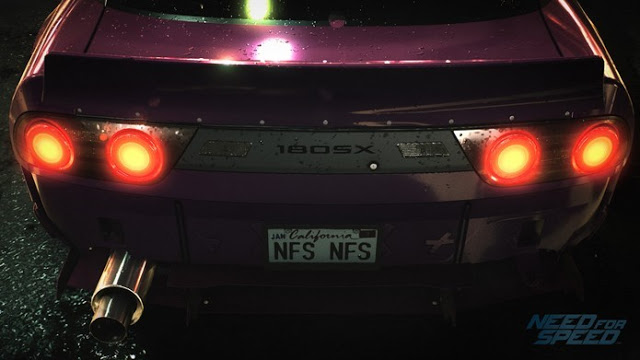 Need for Speed 2015 Car List, Gameplay and Customization video
Need for Speed 2015 Car List, Gameplay and Customization video 9 Camera Deals You Can Take Home Right Now
9 Camera Deals You Can Take Home Right Now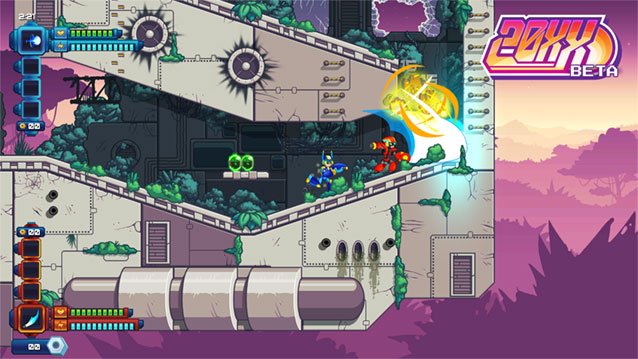 Interview: 20XXs Chris King Shares His Take on Mighty No. 9s Issues
Interview: 20XXs Chris King Shares His Take on Mighty No. 9s Issues 3 Software-Related Legal Issues You Might Face One Day
3 Software-Related Legal Issues You Might Face One Day